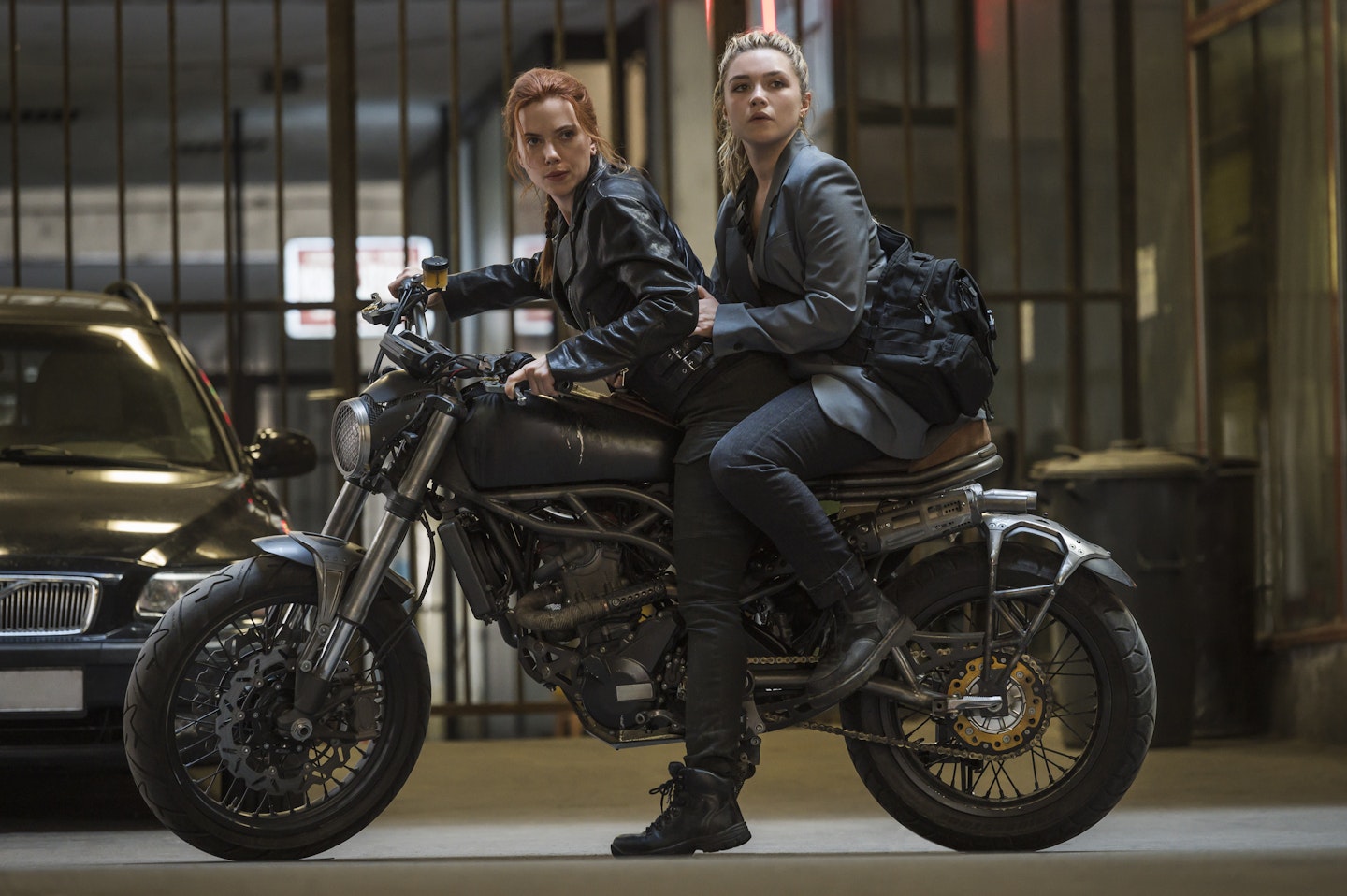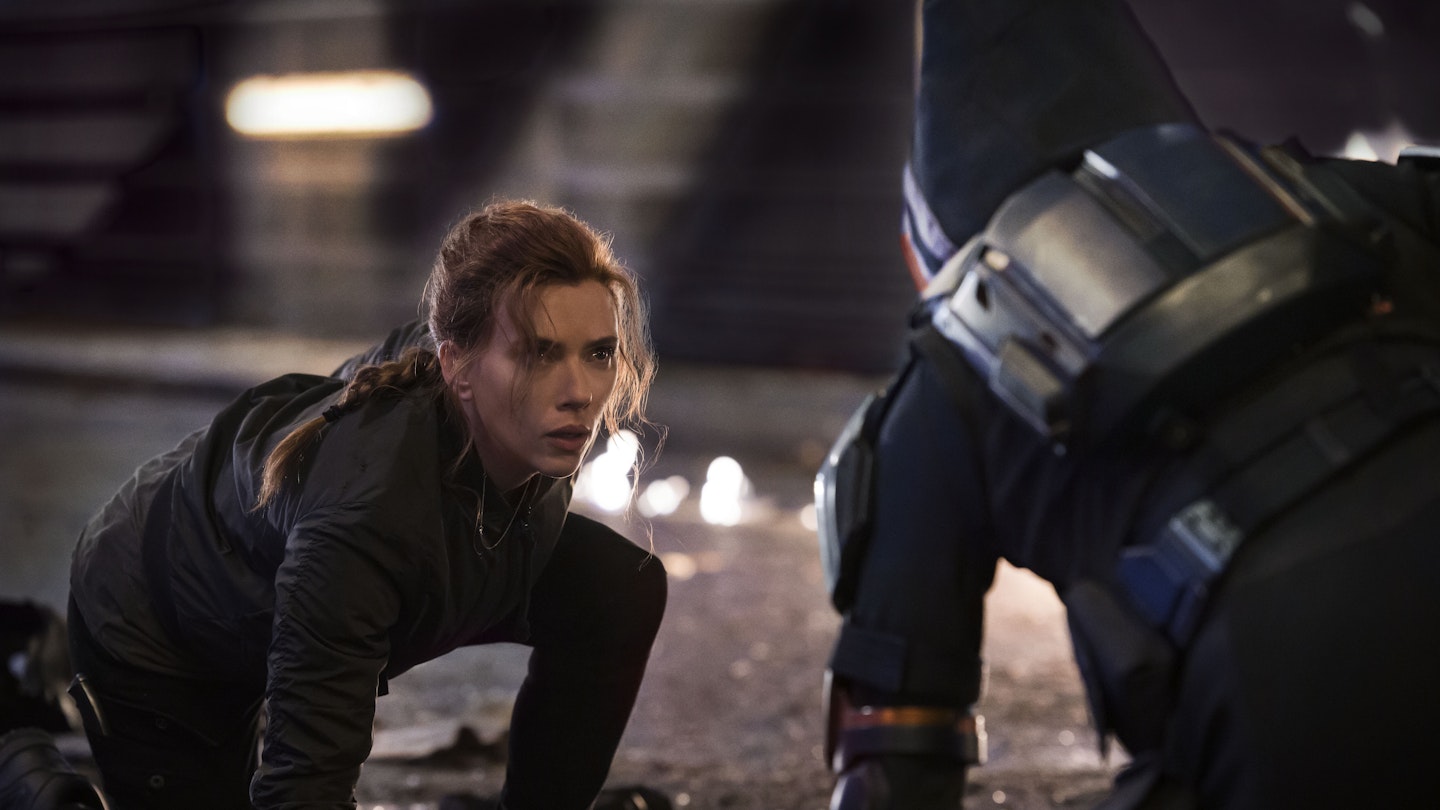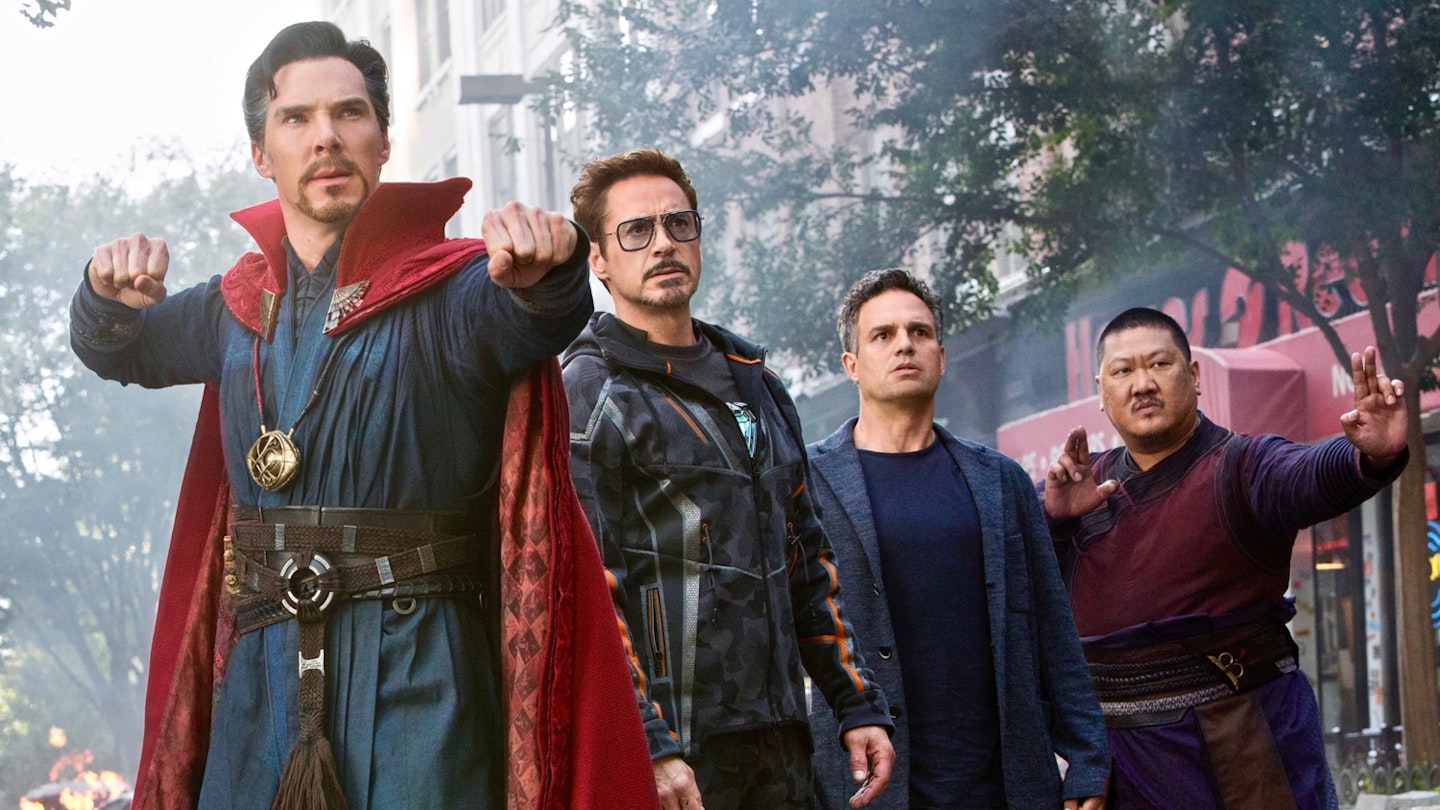After a few delays, Marvel’s Phase 4 has finally commenced. Ahead, there will be kung fu, ant madness and multiverses up the wazoo. But instead of launching straight into the havoc, this particular stretch is starting, pleasingly, with a relatively contemplative character piece. It’s odd to describe a film in which a mega-tank driven by a skull-faced maniac obliterates half of Budapest as the calm before the storm. Cate Shortland’s Black Widow however, while a film that’s technically inessential — rewinding to near the start of Phase 3, it fills in a gap in the MCU narrative instead of driving it forward — is a pleasure exactly because it is inessential. It takes a character without a future and gives her a past, providing one of the OG Avengers with a soulful, funny requiem.

We do get a shocking revelation: Scarlett Johansson’s Natasha Romanoff apparently knows the dialogue of one of the worst Bond movies, Moonraker, off by heart. But mostly this is about humanising the Widow, who has not always been well served by the eight previous MCU films in which she’s appeared (her introduction in Iron Man 2 remains a series nadir). It opens with a sweet, firefly-lit flashback to 1995, and her childhood, which warps into a jagged action sequence before our eyes. And the meat of the story is about her picking up her relationships with her old Russian sleeper-cell family: ‘sister’ Yelena (Florence Pugh), ‘father’ Alexei (David Harbour) and ‘mother’ Melina (Rachel Weisz).
It takes a character without a future and gives her a past.
It may not be the most nuanced depiction of Russian life (the vodka rarely stops flowing; a male voice choir chants with Hunt For Red October gusto), but the quartet works gangbusters, particularly Pugh’s sweary, sister-mocking wetwork specialist, and Harbour’s oafish super-soldier, a grizzly fusion of Shakespeare’s Falstaff and Street Fighter II’s Zangief. And despite all the scene-stealing, the movie doesn’t forget that Natasha is the main event, keeping her the focus of scenes and allowing Johansson to show shades of Romanoff she’s rarely been able to before.
The plot itself is really quite silly, revolving around some glowy red vials and an army of brainwashed women, headed up by Ray Winstone (whose Russian accent occasionally defects between East and West mid-sentence) like a toxic spin on Charlie’s Angels. And things do degenerate somewhat into a familiar Marvel climax — huge object crashes to Earth while superheroes do superhero things in mid-air, with a few Moonraker nods sprinkled in for good measure (someone on this film really likes Roger Moore). But it does maintain the fun and there’s plenty of creative action along the way: a smashmouth brawl in a Hungarian kitchen, a mid-avalanche evac, a showdown on a bridge with the movie’s key bad guy, the faceless Taskmaster.
It’s this character, a thundering juggernaut of villainy — the Richard Kiel of the movie, if you will — who reveals the film’s purpose when they are finally unmasked. Natasha’s ledger is red with blood (“gushing” with the stuff, to use Alexei’s word), and Black Widow is the clean-up operation. As moppings-up go, it’s a hell of a lot of fun.








